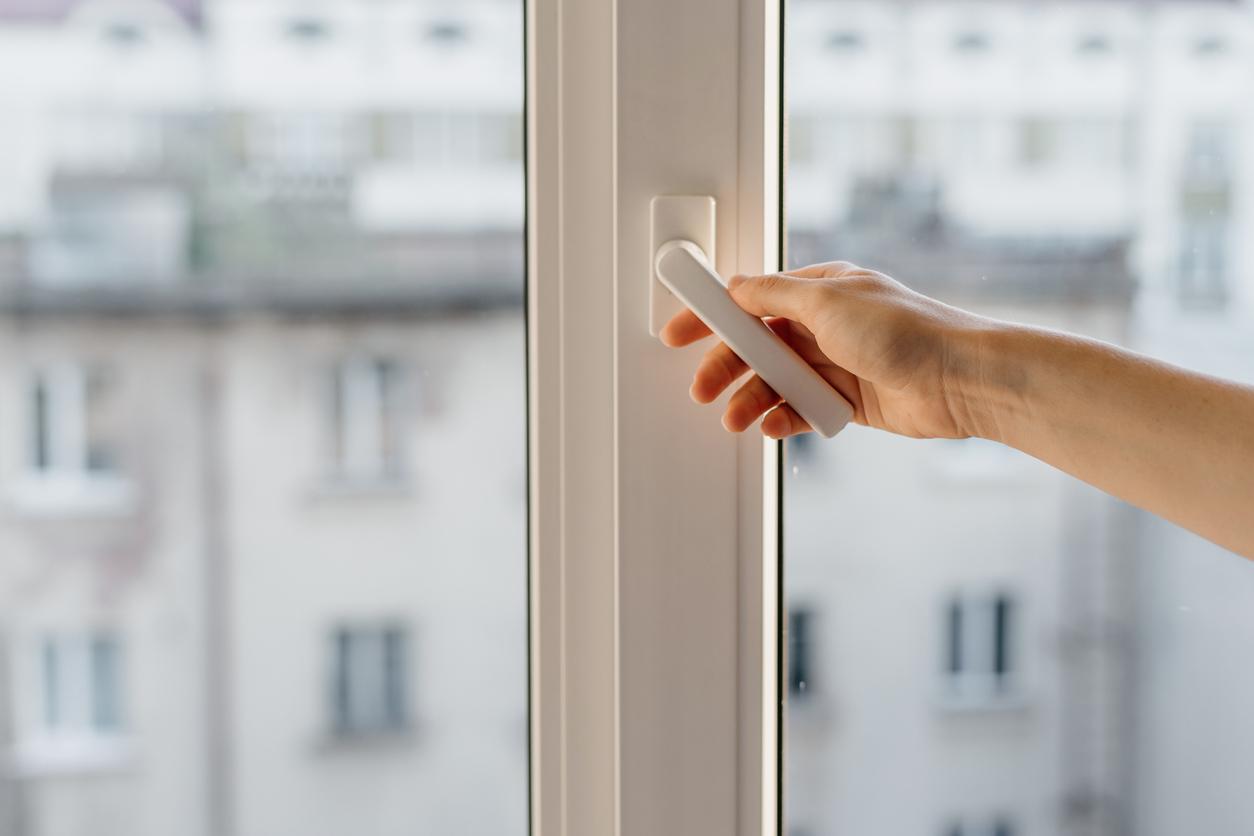
5 tips to ventilate at home – in the fight against the coronavirus
Outgoing Prime Minister Rutte recently announced that there will be a fourth basic rule in the fight against the corona virus, namely: ‘provide fresh air’. But how do you actually ensure adequate ventilation? What should you pay attention to? Five tips in a row.
But first: what exactly is ventilation? According to the RIVM, ventilation is ‘refreshing indoor air 24 hours a day with fresh outside air (air exchange)’. Part of the air in the house can be polluted by, for example, particulate matter and moisture. Also, a poorly ventilated room can cause you to become infected with respiratory infections, such as Covid-19. Good ventilation is therefore important. But how do you actually do that?
How do you ensure good ventilation at home?
1. Leave windows ajar
The most obvious tip, but not everyone does this yet. If you don’t like open windows because of the risk of burglary, you can also open air vents above the windows or use mechanical ventilation systems in your home.
2. Air indoor spaces regularly
Airing is also a form of ventilation. For example, you open windows and doors wide against each other for 10 minutes to 15 minutes. This way you let in a lot of fresh air at once. RIVM recommends this if you have cooked or showered, or if you have had several people visit who were together in the same room.
3. Receive your visit outside
The best form of ventilation is of course outside air, so it is preferable to receive visitors outside as well. The chance of spreading the coronavirus is a lot smaller in the fresh air, but please note: it is still important to keep one and a half meters away here too.
4. Also consider the humidity in the house
In addition to ventilation, good humidity in the house is also important, because viruses – such as the coronavirus – spread faster through dry air. A good humidity in the house is between 40 and 60 percent. You can measure this with a humidity meter. Some heating thermostats also indicate the humidity level in the house. How do you get the air in your home more humid? For example, by opening a window – also in winter – and having many plants in the house.
5. Use an air purifier (if necessary)
There are also special air purifiers for sale that can filter and/or kill viruses and bacteria from the air, for example via UV-C radiation. A mobile electrical device that can be placed in a room is also called a ‘stand alone’ air purifier. According to the RIVM, it is not yet known whether these types of air purifiers can actually prevent or reduce the spread of the coronavirus. More research needs to be done on that. What is certain is that air purifiers are not a substitute for ventilation. When you ventilate, you refresh the indoor air with outdoor air. Air purifiers only remove particles from the indoor air, but the air is not refreshed. So keep ventilating well!
Sources):















